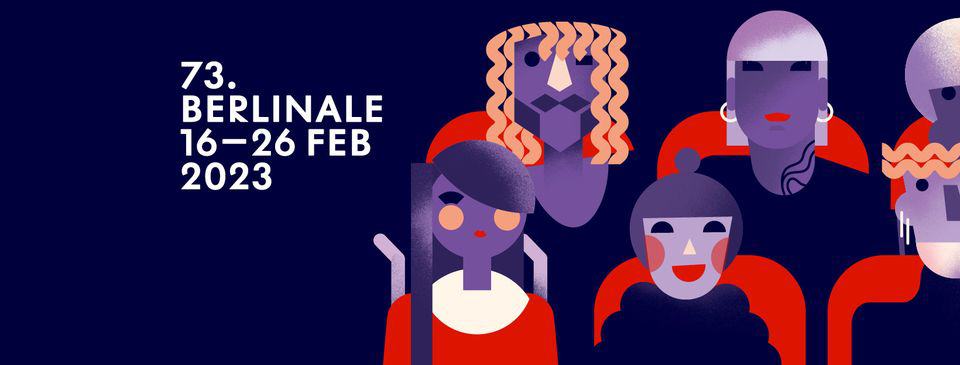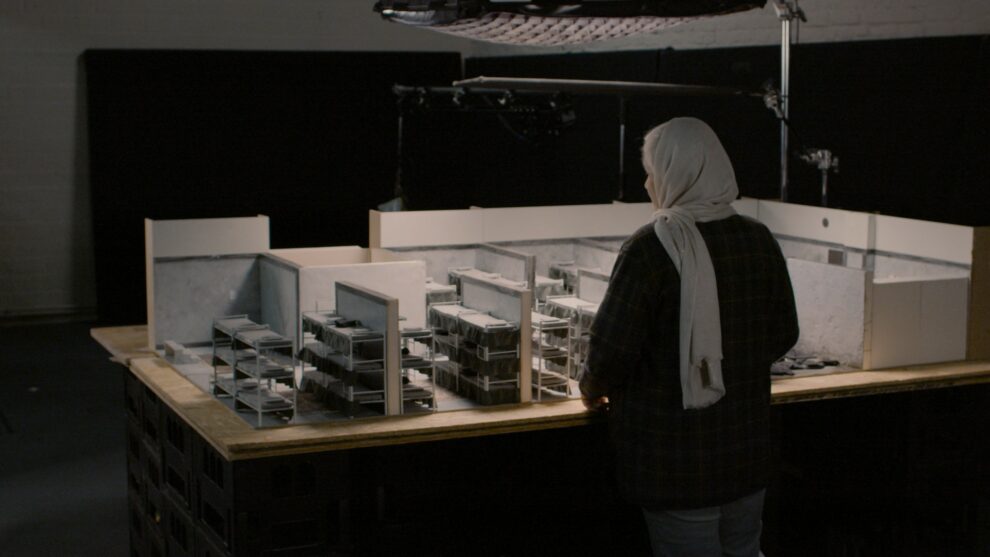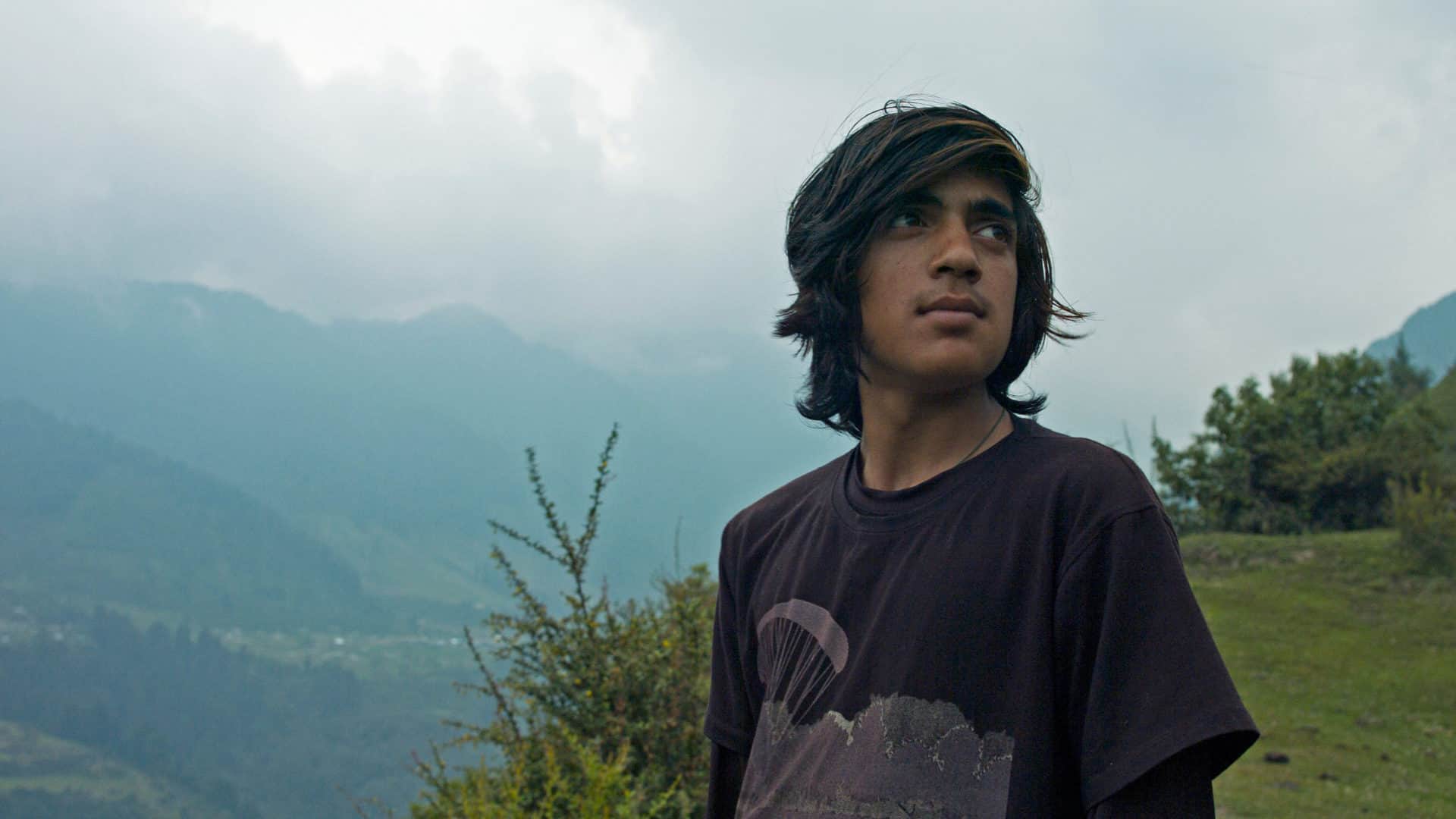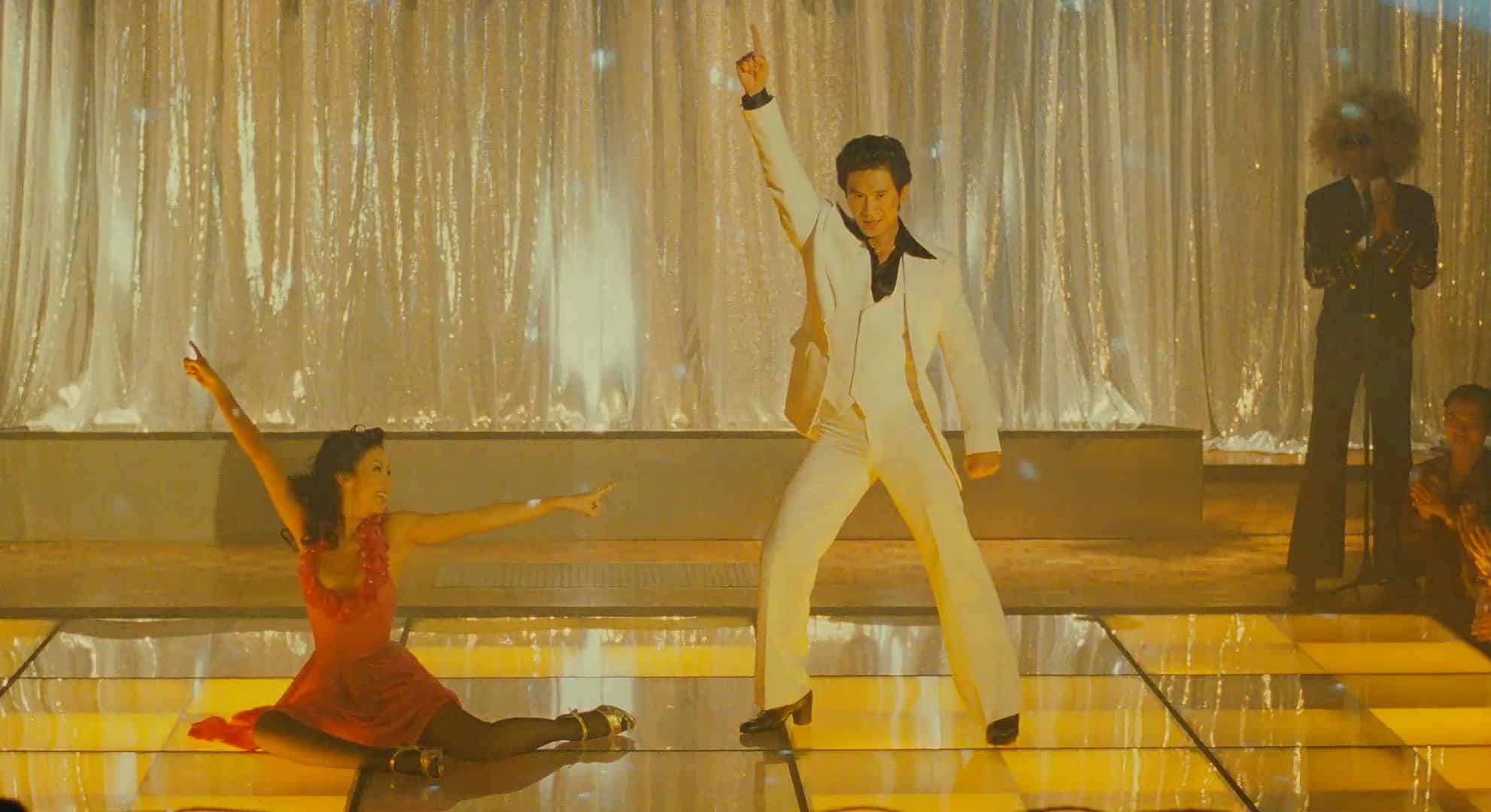The anti-government protests sparked by the death of the 22-year-old Iranian Kurdish woman Mahsa Amini in police custody on 16 September have spread across the country, and do not show signs of slowing down despite of arrests, heavy prison sentences, and even executions. “Women, Life, Freedom”, one of the slogans of the protests initially coined by Kurdish female fighters has become a symbol of a global action in solidarity with Iranian women & girls who are demonstrating peacefully for their fundamental human rights.
Seven Winter in Tehran is screening at Berlinale

Right in the opening cards of Steffi Niederzoll's first feature documentary “Seven Winters in Tehran” which was the opening film of Berlinale's Perspektive Deutsches Kino program, we can read the information about the genesis of the project based on secretly recorded video and sound material that was smuggled out of Iran, further explaining that unauthorized filming of public facilities involves a prison sentence of at least five years. However, risking penalty was crucial to fully preserve and present the story of Reyhaneh Jabbari, a young woman who was, aged only 19, condemned to death in 2007 for stabbing a man who attempted to rape her. Before her execution, she spent seven long years in prison, first in the infamous Evin, before being transferred to Shahr-e-Ray.
“Seven Winters in Tehran” is composed of the material consisting of interviews with Reyhaneh's parents Shole Pakravan and Fereydoon Jabbari, younger sisters Sharare and Shahrzad, the defense attorney Mohammad Mostafei and a couple of former inmates, completed with old home videos filmed on VHS and MiniDV cassettes, and such captured by cell phone cameras.

Niederzoll got to make a movie based on the covertly recorded material when she met the cousin of Reyhaneh's mother, who fled to Turkey to preserve several hard drives of videos. Pictures were scanned and digitalized, and although some of the footage is shaky and of poor quality, it is such details that make “Seven Winters in Tehran” unique. Technically well executed, and narratively rounded, the film is also blessed by Nicole Kortlüke's dynamic editing which creates a sense of watching a suspense drama.
Parts of Reyhaneh's story told after her passing, are voiced-over by Zar Amir Ebrahimi crowned as Best Actress in Cannes 2022 for her role in Ali Abbasi's dark drama “Holy Spider”, who also plays the lead role in the French/ Swiss production in Farsi language “My Worst Enemy”, directed by Mehran Tamadon and screened in the Berlinale's Encounters program.
Reyhaneh's fight for the rights of women unjustifiably condemned either to heavy prison sentences or death, has began while she was serving time. She was actively collecting the stories of her inmates which she put in writing to document the blatant disregard for women's rights. It is clear that she, unlike most of the women in prison, came from a safe environment surrounded by love and respect of her family. At one point, her father Fereydoon Jabbari would simply remark that his-, and the aim of his wife was to protect their daughters in a society that doesn't give the same right to girls.
“Seven Winters in Tehran” is a documentary that will not leave anyone cold. As Reyhane's story unfolds, the viewer in confronted with a series of incredible crimes against the young woman who was firstly denied any contact to her family, and whose hearing took place a year and a half after the arrest. Before the trial that condemned her to death by hanging for premeditated murder without one single piece of evidence pointing in that direction, she received, just in case, the punishment of 30 lashes. Reyhaneh didn't stand a chance with her ‘victim' coming from a very influential, conservative family who didn't want to pardon her unless she changed her statement and incriminated herself, which she refused to do. Her bravery has inspired many women to continue their fight for basic human rights.
Steffi Niederzoll has developed a close friendship with Reyhaneh's mother and two younger sisters after they moved to Germany, and there is a new movie about their stories in making. Together with Shole Pakravan, she wrote the book “How to Become a Butterfly” about Reyhaneh Jabbari, which will be published by Berlin Verlag this year, and which was presented during the Berlinale.















